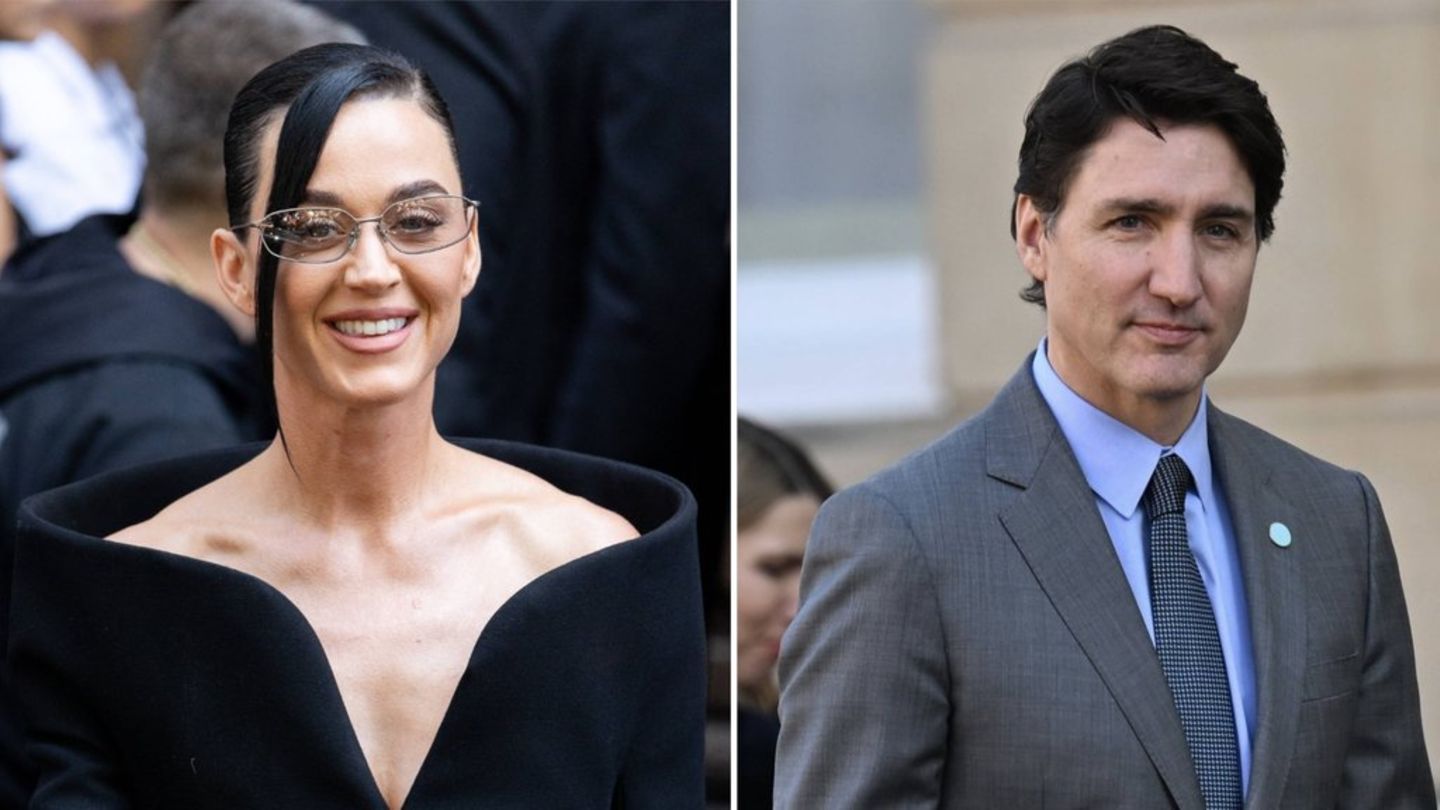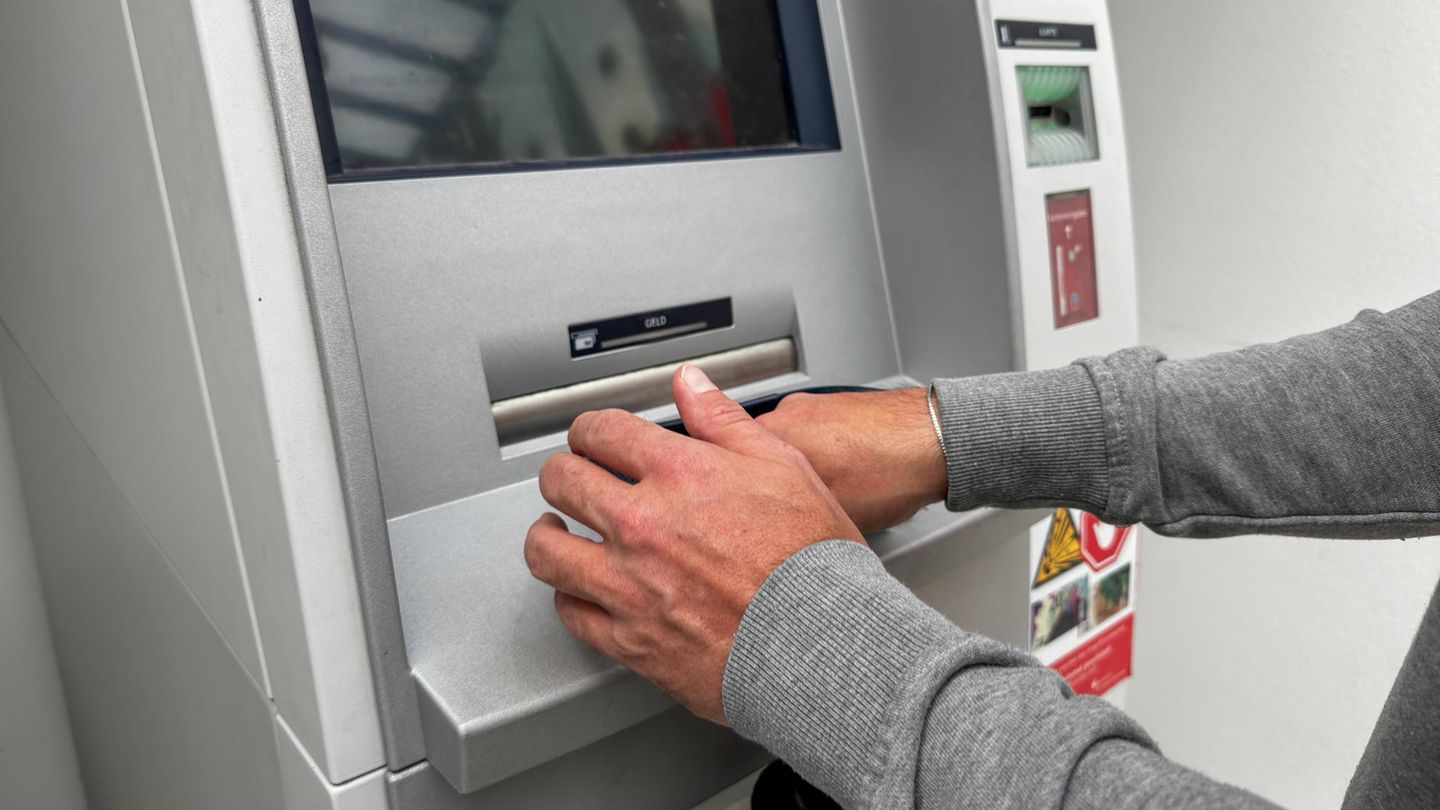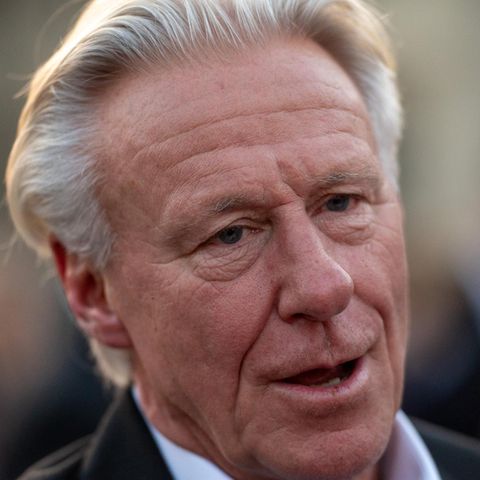In this regard, they indicate that, after the extension of the currency swap with China, there are 3,700 million dollars available from the last tranche and another 1,700 million dollars remaining from the first. Total, about 5 billion dollars.
In the environment of the minister Sergio Massa they emphasize that The IMF has accepted that the Central Bank intervene in situations of exchange stressa tool that economic management considers essential to avoid sudden changes in the market.
Although the latest statement from the Fund indicates that this disbursement is subject to the approval of the Board of Directors of the organization and the application of the agreed policies, the Ministry of Economy indicates that “the measures agreed with the Fund have already been adopted to ensure this disbursement”.
“The IMF won’t ask for anything we don’t already know about” argue in the Ministry of Economy. They maintain that, after hard negotiation, “The economic leadership agreed only to those measures that it is in a position to implement”.
In this sense, they argue that the government was ahead in the application of the agency’s requirements with different measures such as the imposition of taxes on imports, adjustments in public spending, tariff corrections and acceleration in the update rate of the official dollar.
These so-called anticipated actions (prior actions) which are previous measures that demonstrate the good will of the debtor country of the Fund to do good writing to agree new terms.
In the Argentine case, they consisted of a devaluation through a new dollar differential for grains such as corn and regional exports (at $340) to encourage the liquidation of exports. Also in the application of measures to contain imports in the short term through the imposition of the PAIS tax on imports of goods (7.5%) and services (25%) except freight (7.5%), health and education (exempt) and recitals (already pays 30%).
Likewise, the rate of devaluation of the official exchange rate accelerated (crawling) which happened from a rate of depreciation of approximately 6.5% per month in July at a rate of 12% in the last five rounds. And the rates were adjusted (something unusual in electoral times).
In this way, the Palacio de Hacienda agreed – they maintain – measures aimed at avoiding a significant correction in the official exchange rate which, in the present circumstances, without reserves, would have an additional impact on inflation.
This does not mean that economic driving does not continue to think about applying specific measures such as, for example, a new differential dollar program for soybeans.
According to the evaluation of the Palacio de Hacienda, the movements that the financial dollars had in the last days “They are typical of the moments before the elections.” And they rescue the solidity of the financial system since deposits have remained firm despite exchange rate tensions.
Delicate situation
In any case, economists point out that the situation regarding reserves is “extremely delicate” – The net assets held by the Central Bank are negative between 8,000 and 10,000 million dollars, according to private calculations – from which It is not ruled out that there may be new turbulence with the dollar.
All in all, one element to take into account is that the background of the markets is positive in terms of Argentina’s prospects, since it is interpreted that the next government, whichever is elected among the main forces, will apply a more moderate economic policyaccording to international analysts.
next steps
For now, this Friday the economic leadership met and analyzed measures to be applied in the coming days. The values of Fair Prices currently in force were extended for one week, as anticipated Ambitand As of August 22, the new values agreed with the companies will be known.
Massa’s team also analyzed the fixed-sum increase planned for private sector workers. As the Minister of Economy anticipated, this issue has already been discussed with union leaders and the improvement would also cover municipal employees.
Likewise, and to encourage tourism, A new version of the Pre Trip will be launched for the months of September and October with a refund of up to 50% of what was spent -for retirees it reaches 70%-.
Source: Ambito




